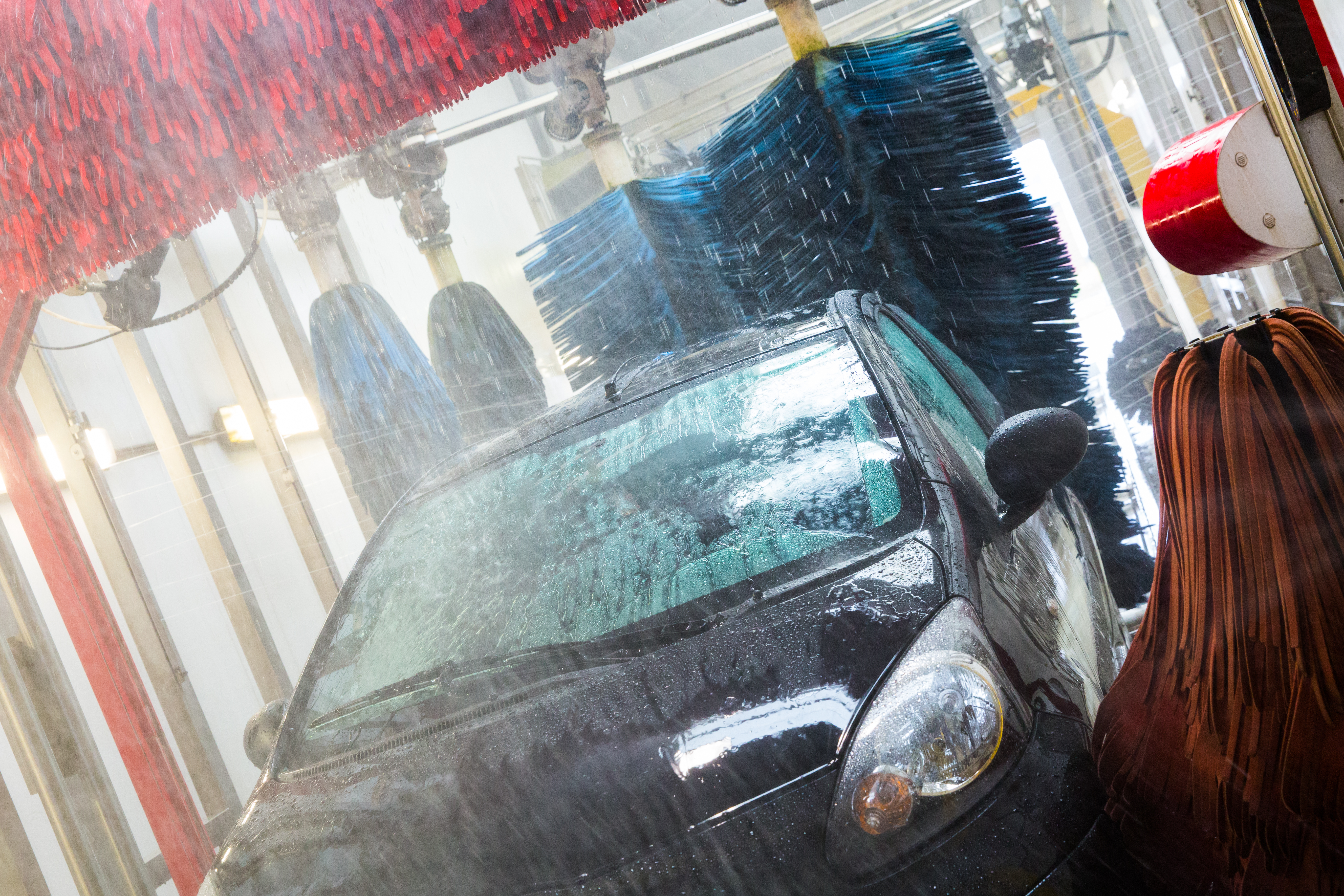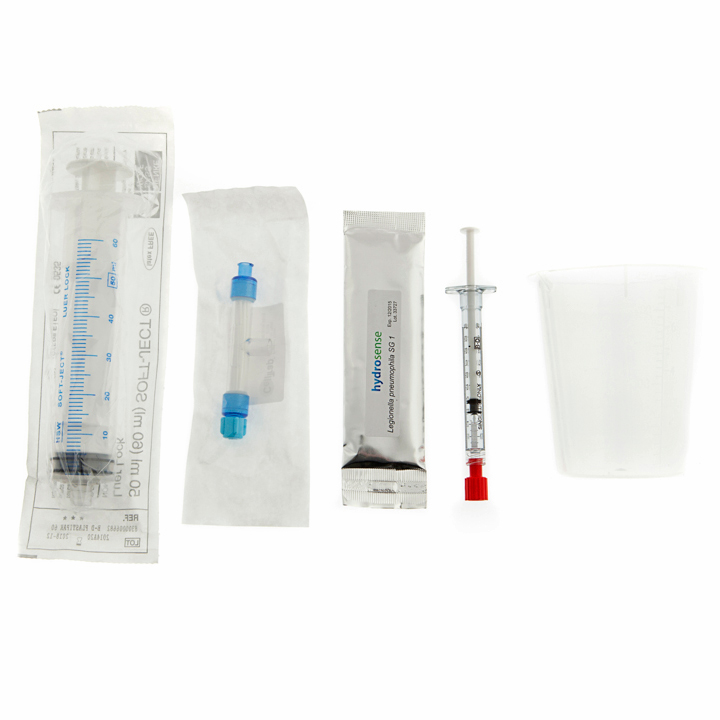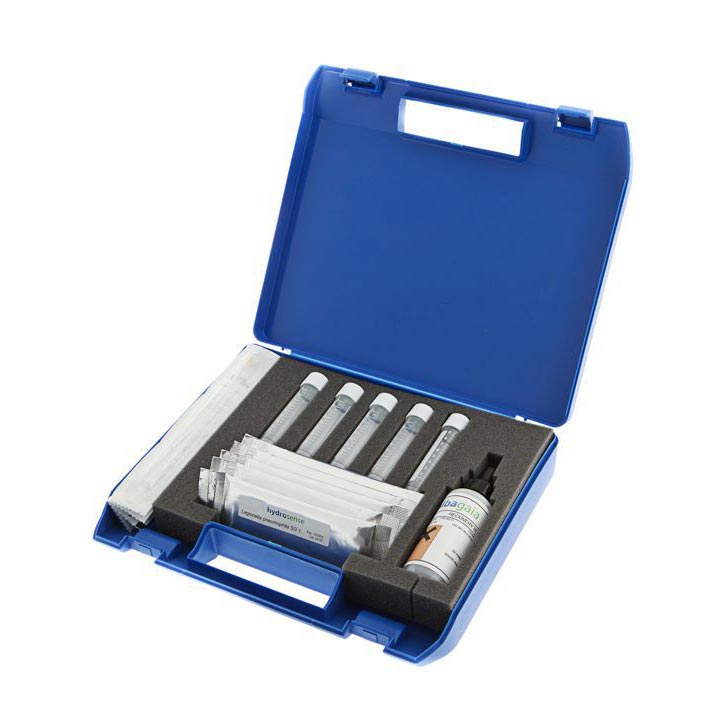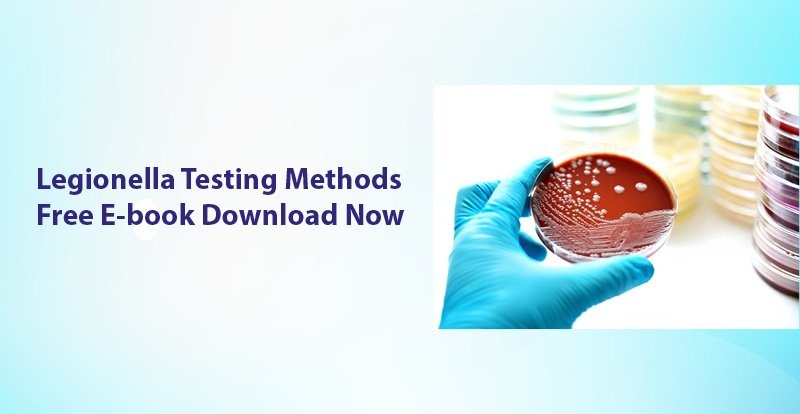
Legionella Testing For Car Washes
Researchers from the University of Padua state that: ‘Any water source producing aerosols should be considered a risk for the transmission of Legionella bacteria, including car wash installations frequently used by a large number of customers and where poor maintenance probably creates favourable conditions for Legionella overgrowth and spreading.’ 1
Systems like car washes are considered high-risk areas, as they can generate aerosols which can be contaminated with Legionella. These aerosols can infect human lungs and cause severe and potentially life-threatening infections like Legionnaires’ Disease. Results from the National Legionella Outbreak Detection Program in the Netherlands reported car washes as a potential source of infection in 3-4% of all cases of Legionnaires’ disease between 2002-2012. That means that on average 10 people a year were infected by car washes in the Netherlands during that period. 2
Factors Affecting Increased Risk of Legionella in Car Washes.
- Temperature– Legionella bacteria require a temperature range of 20 degrees Celsius to 60 degrees Celsius and suitable nutrients, such as found in dirty water storage tanks, to flourish and multiply. It is therefore important to consider the temperature of the water used in a car wash.
- Stagnant Water– Less popular car washes may experience extended periods of stagnation, which if combined with exposure to direct sunlight can increase the risk of Legionella growth in water tanks and pipes significantly. 3
- Generation of Aerosols– Aerosols generated by car wash systems can travel long distances. The study of Outbreaks of Legionnaires disease Caused by Long‐Distance Spread suggests that in some cases Legionella can travel as far as 10 km 4. If aerosols created by a car wash are contaminated with Legionella they can pose a threat to people in the area, not just users of the car wash. Those most susceptible are elderly, smokers and immune-compromised individuals.
- Water Quality-Water provided to car washes can sometimes come directly from the Mains and may not be pre-treated. Moreover, some car washes have an additional problem of collecting wash water and recirculating it during further wash cycles. This process can increase the amount of general debris and nutrients in the water and can further support the growth of bacteria. 3
- The Potential for Contamination–In car washes, the presence of soaps, dirt, oils, and sediment, which provide nutrients to support microbial growth, create a perfect environment for Legionella to multiply. Especially if water temperature is favourable.
- Water Management –Regular cleaning and disinfection are crucial, especially in systems that recycle water. However, often there is a lack of comprehensive water safety management in place.
- Traditional Testing Methods – Duty holders in car washes are often advised to send samples of water to a laboratory. This is a well-known, traditional method for Legionella testing, however, researchers have recently found some disturbing limitations of this technique.
Click Here to Find Out More About Limitations of the Lab Culture Test
Remember that it is simply not enough to rely solely on the culture test. Doing so can lead to false negative results, underestimated counts of Legionella bacteria, slow decision making and delayed action – resulting in fines, reputational damage, illness and even fatalities.
How to manage the risk of Legionella in car washes?
Although legislation may differ between countries and territories in relation to Legionella control, every car wash owner has a duty of care on health and safety. There are a number of steps that should be taken to proactively eradicate the presence of Legionella including systematic checking, cleaning and regular testing of any water system to make sure no risk exists. Traditional methods for Legionella testing can take 10-14 days to return the results. Moreover, due to a number of different factors, the results from the laboratory are often not accurate enough to provide a suitable guidance for the business owners in high-risk areas such as car washes.
Innovative technology from Hydrosense provides a simple solution for car wash owners to manage Legionella risks. The world’s only on-site Legionella test offers an immediate picture of Legionella contamination risk and facilitates quicker, better- informed decision making. In only 25 minutes the car wash owners receive a clear Yes/No answer that correlates to call to action in their industry, putting power back in their hands and empowering them to make fast and responsible decisions about water safety. With the responsibility to protect employers, customers and people from the area it is strongly inadvisable to wait for Legionella test results for weeks.
Remember that Legionnaires’ disease is now killing ~1 in every 10 people who are infected. 5
Legionella – Don’t risk it. Test it.
Recommended Kits
Our Single Syringe Test Kit is both flexible and sensitive – it allows for sample collection from any water source and has an excellent Limit of Detection of 100 CFU/L.
Biofilm is often an issue in car washes. To check that surfaces are not harbouring Legionella in the biofilm, use the Swab Test Kit.
References
- Baldovin T., Pierobon A., Bertoncello C., Destefani E., Gennari M., Stano A., Baldo V. (2018) May car washing represent a risk for Legionella infection?, US National Library of MedicineNational Institutes of Health,(1):57-65. doi: 10.7416/ai.2018.2196. Online [Accessed: 01 Oct 2018]
- Results from the National Legionella Outbreak Detection Program, the Netherlands, 2002–2012 (2012) Online. Available at: https://wwwnc.cdc.gov/eid/article/21/7/14-1130-techapp2.pdf[Accessed: 01 Oct 2018]
- Alvey J., Bebbington D., Chown P., Green G., Little D., Piper G., Surman-Lee S. (2008) Managing the Risk of Legionnaires’ Disease in Vehicle Wash Systems, Water Management Society Working Party. Online. Available at: http://www.whtlimited.com/doc/lib/194/vehicle-wash-systems-wms.pdf[Accessed 04 Oct 2018]
- Karin Nygård, Øyvind Werner-Johansen, Svein Rønsen, Dominique A. Caugant, Øystein Simonsen, Anita Kanestrøm, Eirik Ask, Jetmund Ringstad, Rune Ødegård, Tore Jensen, Truls Krogh, E. Arne Høiby, Eivind Ragnhildstveit, Ingeborg S. Aaberge, Preben Aavitsland (2008)An Outbreak of Legionnaires Disease Caused by Long‐Distance Spread from an Industrial Air Scrubber in Sarpsborg, Norway, Clinical Infectious Diseases, Volume 46, Issue 1, 1 Pages 61–69,[ Available at https://doi.org/10.1086/524016[Accessed 03 Oct 2018]
- Cdc.gov. (2018). Legionnaires Disease and Pontiac Fever | Legionella | CDC. [online] Available at: https://www. cdc.gov/legionella/ [Accessed 30 May 2018].


